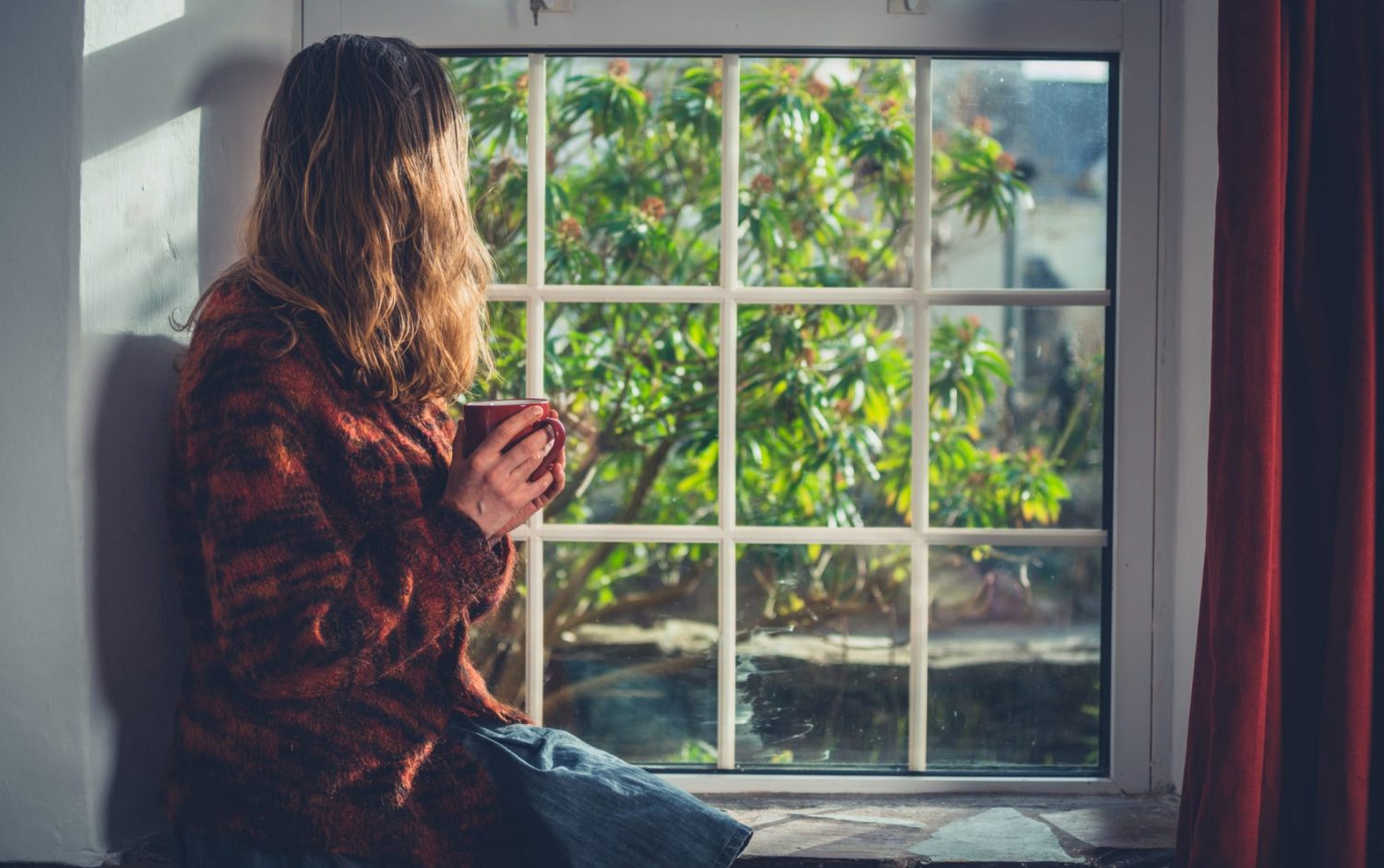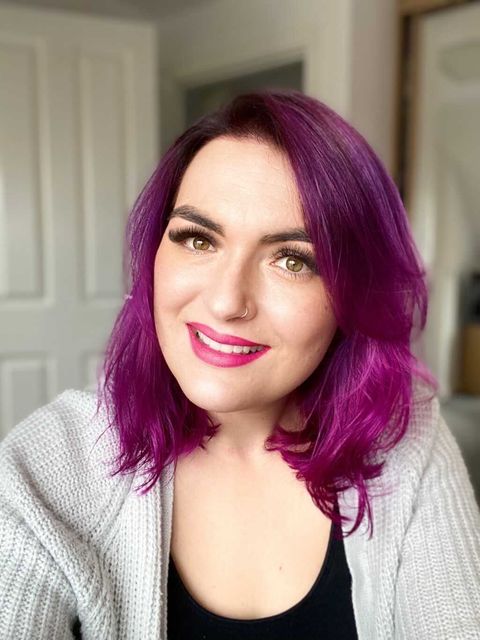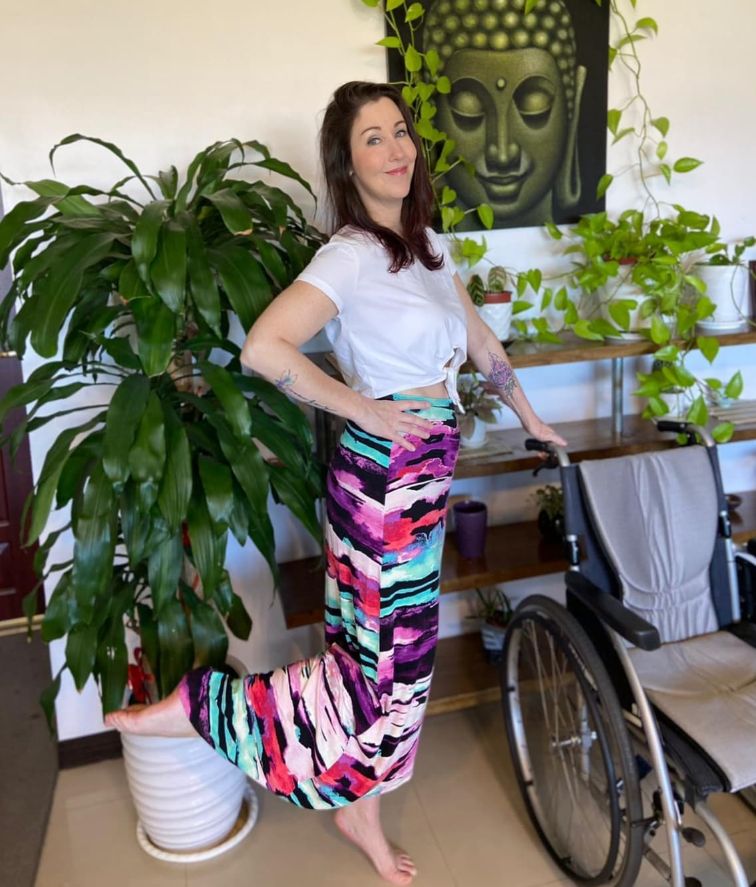
Since 1992, The World Mental Health Day takes place each year on the 10th of October. Its aim is to globally raise awareness of mental health issues and plan action on improving access to treatment options. Mental health problems affect 1 in 4 people every year. However, that number is much higher for people living with conditions causing chronic pain. Depression and anxiety are some of the most common complications of being in constant or recurring physical discomfort.
Self-care is a vital aspect of nourishing mental health, but what does it actually mean? Very often the mainstream illustration of it is lighting a candle, taking a bath or going to a yoga class. Even though these things can help with mental well-being, they need to be done regularly and are only a small part of the concept of self-care.
WHO defines self-care as “the ability of individuals […] to promote health, prevent disease, maintain health, and to cope with illness and disability with or without the support of a healthcare provider”. It means that self-care is really a lifestyle and can include different activities based on different mental and physical needs. To help us understand how people with chronic conditions define self-care, we asked some of the members of the chronic pain community the question: “What does self-care mean to you?”. You can find their answers below
Rachel

Rachel lives with rheumatoid arthritis, trigeminal neuralgia and hypothyroidism. She is the creator of What a Pain Blog, where she writes about the realities of living with chronic illness as well as her experience of being a parent. You can also find her on Instagram and Facebook.
“The greatest form of self-care for me is being kind to myself. Chronic illness changed my whole life. It has taken me a long time to process those changes and come to terms with the feelings they evoke. There is a very real sense of grief and it is easy to become lost in feelings of guilt and inadequacy. One of the greatest things I’ve learnt is how to treat myself with kindness. Self-care for me means letting go of the guilt I feel about things I can no longer do. It means celebrating small victories, and cutting myself slack on the days I cannot do all the things I want to. It means reminding myself that who I am is enough and that my worth is not based on my productivity. I practise this form of self-care regularly, and the more I do it the easier it becomes. I learnt the skill of self-kindness during therapy for PTSD following birth trauma. It is an invaluable skill and one which I recommend to anyone. Instead of focusing on the ways in which you feel you don’t measure up, try telling yourself that you are an incredible human. Look in the mirror and say “who you are, just as you are, is enough”. It makes all the difference, and if you tell yourself often enough you start to believe it.” – Rachel Tait
Caz

Caz, whose story you can read here, lives with multiple chronic illnesses and chronic pain. She is a freelance blogger at InvisiblyMe, where she writes about topics like lifestyle, wellbeing, health, chronic illness and pain. You can also find her on Instagram, Facebook and Twitter.
“Self-care about looking after ourselves in a broader, deeper sense. It goes beyond bubble baths and scented candles, though they can of course still be a nourishing part of our routines. It’s about investing time in getting your needs met across the multi-faceted aspects of your life that tie into your wellbeing, from work and your connections with others to a sense of achievement and purpose, spirituality and learning. Self-care is about being your own advocate and speaking up for your needs. It’s about proactively taking steps to support your mental and physical wellness. It’s about being assertive and writing our own rules for our lives. It’s about saying “no” when you need to, taking time out for rest and enjoyment, ditching the guilt, and embracing forgiveness. It’s easy to give advice to a loved one when you suggest they should be kinder to themselves, stress less and take more time out, but it’s often harder to act on that advice for ourselves, isn’t it? Self-care may seem selfish if you’re always putting others first, and yet it’s vital to be able to do just that in the long run without burnout or resentment. Nurturing yourself isn’t about being an ego-maniac, and it’s not selfish to show yourself the care you deserve. You don’t have to earn the right to look after yourself. To be compassionate towards ourselves, we must first acknowledge and believe that we’re worth it. We absolutely are. You absolutely are.” – Caz Homer
Cat

Cat, who lives with juvenile arthritis since birth, is a chronic illness blogger. You can find her articles on her website Chronically Catherine and on many other sites where she writes as a guest author. If you would like to give her a follow on Instagram, you can do it here.
‘’As someone living with chronic illnesses, it’s always been important for me to practice self-care. Having lived with arthritis from a young age, I often struggled with expressing how pain impacted me. For a long time, I felt as though I couldn’t speak to anyone about what I went through. It was a struggle to talk about something that I often deemed as a weakness (even though it wasn’t). In those times, I found writing to be incredibly therapeutic and helped me process the psychological implications having a chronic illness can bring. When the pain became an unbearable companion, I often turned to writing down my thoughts as a form of release. I’ve continued to write over the years and would tell anyone who is struggling to try it.’’ – Cat Parkinson
Sophie

Sophie lives with rheumatoid arthritis. She is a lifestyle blogger with a passion for travelling who focuses on mental health, mindset and positivity. You can find her main Instagram profile here and her travel account here.
“Self-care can be interpreted in a number of ways – each person has their own definition. More commonly, self-care is viewed with luxurious connotations, such as having a pamper session or treating yourself to a spa day. But to me, self-care is so much more than that… Self-care is listening to your body and your mind and doing what is best for you. It’s allowing yourself to cry when you need to. It’s sitting alone until you are ready for the world. It’s blasting your music and having a sing-along. It’s getting lost in a book. It’s spending time with friends and family. To me, self-care is doing anything that brings you pure happiness and makes you a priority; and here’s why… Working full time with a chronic illness is so difficult. No one can see how much pain you are in. No one sees the immense amount of strength it takes to get up every day when your body and mind are both telling you not to. To me, one of the biggest acts of self-care is not pushing yourself any further than you need to. It’s taking the time to remind yourself that your physical and mental health are the most important things, and if you don’t look after them, no one else will.” – Sophie Dowson-Park
Carrie

Carrie is a blogger, traveller, patient leader and advocate. She lives with multiple conditions such as ankylosing spondylitis, psoriatic arthritis, chronic migraine and chronic tension headache. You can read her blog posts on her website My Several Worlds. You can also find her on Instagram, Facebook, Twitter and Pinterest.
“Taking an active role in protecting fragile health is essential when it comes to all patients, but I feel it’s particularly important for patients like me who live with chronic pain and can’t ever get a break from it. Without self-care days built into my schedule each month, and without taking the time to recognize when I’m spiralling and might need to implement more self-care, I’d likely be in the hospital way more than I already am. (I average two visits to the hospital a month, so you can see that I’m willing to do anything to protect my health and avoid unnecessary visits to the hospital.) Self-care is the answer to learning how to cope with the different types of stress that occur each day, whether it’s related to health or work or something else. Self-care means taking care of yourself in the present, but it also means preparing for the future and ensuring that you’re being honest with yourself and taking the time to set things up so you can be as healthy as can be. Practising self-care allows us to react better to the things that are going on in our lives. It helps us stay positive. When we practice self-care regularly, the rewards can be endless.” – Carrie Kellenberger
Carrie has also shared a list of self-care tips that can be especially useful for people living with chronic conditions and pain.
- Rest is self-care and that is my number one tip. We all know that breaking point we get to when we’ve overdone things. Paying attention to what our bodies are telling us is important. Listen to your body. Give it rest.
- Self-care can look like Netflix days with my cats, blankets, and art supplies.
- Self-care can be saying no and setting boundaries.
- Since I often reach points in my life when I am too sick to cook, I can practice self-care by prepping healthy meals ahead of time. By prepping ahead, I can take care of myself on days that I must rest.
- Taking a hot bath and ensuring I have that time each week is very important to my wellness. Hot baths help me relax and they feel good. Magnesium is crucial for pain patients, especially patients with fibromyalgia. (My perfect home spa recipe is one cup Epsom salts, 1/3 cup magnesium chloride flakes, a few squirts of carrier oil like sweet almond oil, and a few drops of my favourite essential oil. I love jasmine oil, ylang-ylang oil and lavender oil.) The best part about hot baths is that they relieve the pain a bit and also help me sleep better.
- Maintaining a proper sleep routine is essential for all of us.
- Self-care is paying attention to your thoughts and emotions. When I recognize that I’m feeling anxious or depressed, I take that as a sign that I need to rest and take measures to ensure I can give my body what it needs.
- I also pay attention to mindfulness and gratitude practices. If I need to engage in something, I listen to music or do something that is calming. (This week, it has been all about Lady Gaga and Tony Bennet. Who knows what next week will bring? Hint: Their new album! Yay!)
- Spending time in nature is hugely important to me.
“Although I have plenty of other tips, here is my last one that I’ll leave you with. When health problems and stress seem to be eating you alive, disengage from electronics and place yourself in the real world. Deep breathing, sitting outside in the sun, enjoying time with your pets, and being kind to yourself are all forms of self-care.”
Remember…
Self-care can mean different things for everyone, but you must remember that it is something that you should actively put the effort into and regularly implement in your life. So, to celebrate this year’s World Mental Health day, make sure to take a moment to reflect on what can you do to take better care of your mental wellbeing.



